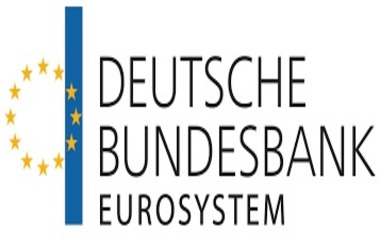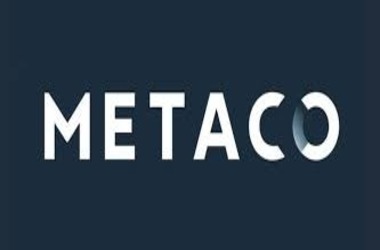 The Deutsche Bundesbank, which is Germany’s federal bank, has successfully completed trial of a system that links conventional finance framework with blockchain technology.
The Deutsche Bundesbank, which is Germany’s federal bank, has successfully completed trial of a system that links conventional finance framework with blockchain technology.
In spite of the prevailing worldwide rush by central banks to gain adequate knowledge and expertise about central bank digital currency, the trial conducted by the Bundesbank, in partnership with the Deutsche Börse Group and the German Finance Agency, did not necessitate the issue of a CBDC or any kind of tokenized money.
The system supposedly depends on two software programs which act as a link between the in-house system of Bundesbank and distributed ledger technology (DLT). Rather than setting up a token-based platform, the bank easily established a link that activates whenever a transaction gets completed and fiat money can be transferred without any risk.
Germany openly revealed that it is not too interest in developing a CBDC. One of the argument in favor of such a decision is that the Bundesbank’s stance as the strongest member of the European System of Central Banks implies that it will stand to lose its influence with the roll out of a CBDC. In fact, the view was reflected in the statement made by German politician Burkhard Balz himself in 2020.
With the disclosure of Bundesbank’s recent tests, Balz, who is also a member of the Bundesbank executive board, stated that the total Eurosystem could implement the technology very quickly in comparison to the creation and launch of a CBDC.
Balz stated “Following successful testing, the Eurosystem should be able to implement such a solution in a relatively short space of time — at least in far less time than it would take to issue central bank digital currency, for instance.”
As portion of the trial, the German Finance Agency distributed a 10-year federal bond through the DLT trigger platform, and simultaneously trialed securities trading on primary and secondary markets. The trial involved partakers from Commerzbank, Goldman Sachs, Citibank, DZ Bank, Barclays, and Société Générale.








